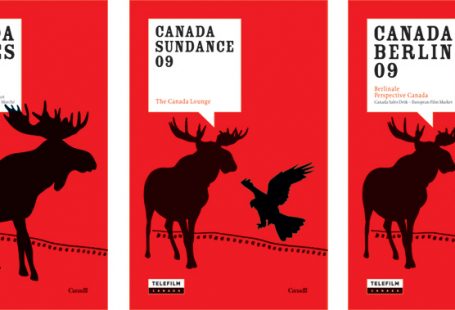Music Artist contract template. Agreements for Film Distribution: contracts for Pre-Existing Music.
First, synchronization rights for all uses needed for the film must be obtained from both the owner of the copyright in the composition, usually referred to as the publishing right and often held by a music publisher, and master use rights from owner of the copyright in the sound recording itself, which usually but not always includes the rights of the performers. That may or may not be held by a separate entity, often a record company or specialized company offering pre-recorded music for films such as Associated Production Music (APM).
If a production licenses pre-existing tracks, the composer of those tracks is not considered a co-author.
Fees for pre-recorded music are usually calculated based on time of use.
There may be additional costs if the music is used as the theme music during the opening credits, in a trailer, in a soundtrack or if the rights include derivative rights, such as use of the music in video games or on the film’s web site.
There is also the ability to license clips of the film containing the music.
While it is best to get all rights everywhere in perpetuity or for as long as possible, licenses for pre-recorded music are usually much more limited (for example, they may not include the right to use the music on a soundtrack album or to license clips containing the music).
Often, the producer works with the composer to choose additional, pre-recorded music for a film. In that case, it needs to be clear who is responsible for licensing
the appropriate rights for that music.
In the Australian biopic Shine (1996), directed by Scott Hicks (1996), about the famous pianist David Helfgott, the commissioned composer was David Hirschfelder. He was in charge of composing the music for the original soundtrack but was also asked to choose well-known classical music pieces such as Frederic Chopin’s Polonaise in A Flat Major 53 and Paganini’s La Campanella.
These pieces are clearly in the public domain but the actual recorded performances by third party musicians are protected by copyright. The film’s producer was sued for lack of clearance of the recorded music. The court confirmed that all pre-existing music must be cleared by the production no matter what kind of “artistic compromise” is arranged between this kind of music and the original soundtrack by the commissioned composer (Paris District Court, May 24th, 2004).
Music Rights Licensing – If producers encounter problems later, they can at least demonstrate that they have made an effort to comply with what everyone acknowledges is a complicated process.
Dandi Law Firm provides legal assistance in Copyright and Music. Check out our Services or contact Us!





